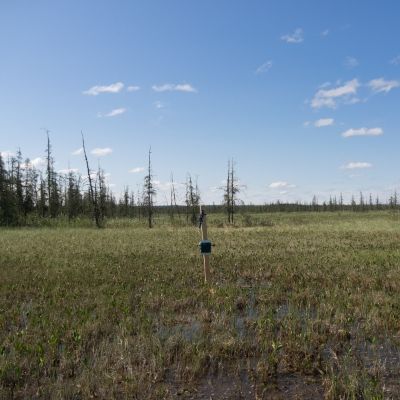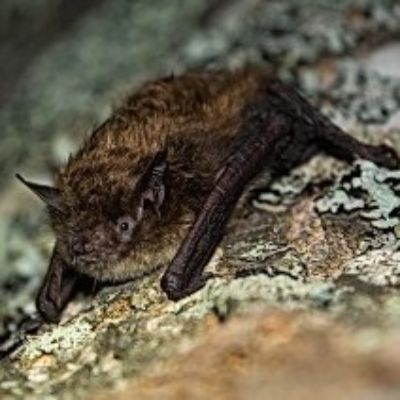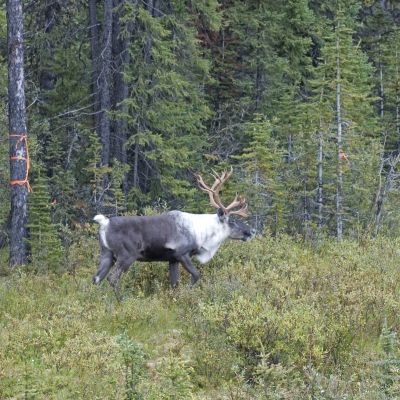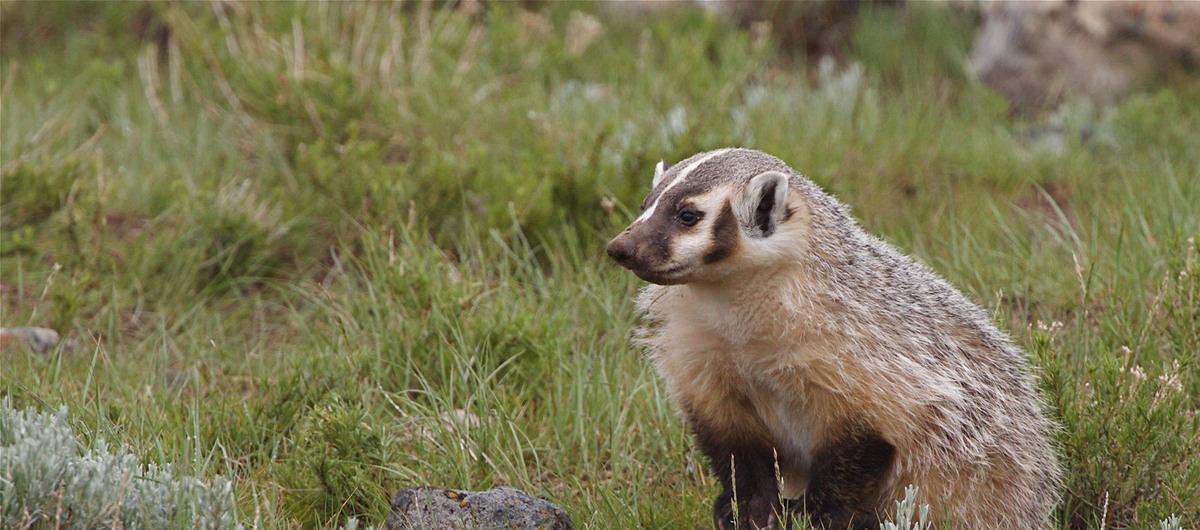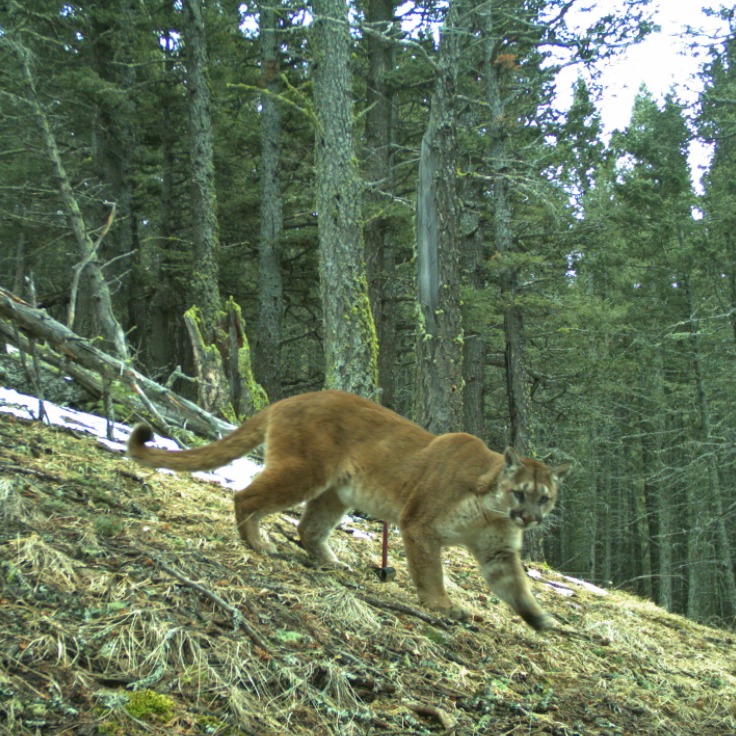
Alberta Remote Camera Steering Committee
Categories: Environmental Sensors
Status: In Progress
About the Project
Many wildlife agencies and environmental groups are using remote camera networks to supplement or even replace previous monitoring systems (e.g., aerial ungulate surveys, winter tracking). While thousands of remote cameras are in use across Alberta, there is little coordination among users in study design and methods used to process, manage, and analyze data. Recently, researchers across Alberta and British Columbia have identified a need to coordinate research activities using cameras.
In 2021, the Alberta Remote Camera Steering Committee (RCSC) was formed to align remote camera use in Alberta. The RCSC established a community of practice to address the needs for tools, standards, and opportunities for knowledge sharing among remote camera users in the province.
In 2021, the RCSC signed a memorandum of understanding with the WildCAM Advisory Committee, based in British Columbia, to work together to promote consistent methods and documentation for remote cameras in western Canada.
The members of the RCSC and WildCAM Advisory Committee are a mix of scientific experts and leaders from Alberta and BC. Currently, the RCSC is co-chaired by Dr. Anne Hubbs and Dr. Dan Farr from Alberta Environment and Protected Areas.
See the "About WildCAM" page for up-to-date membership of the RCSC and WildCAM Advisory Committee.
The committee's vision is to foster collaboration, enable science, and improve data management among remote camera users in Alberta and western Canada to advance wildlife conservation and management from local to regional scales.
The RCSC works with the wider remote camera community in Alberta to develop and share recommendations on standard practices regarding remote camera metadata; study design; and data processing, management, and storage. This work ranges from establishing provincial metadata standards to delivering online events for remote camera users in western Canada.
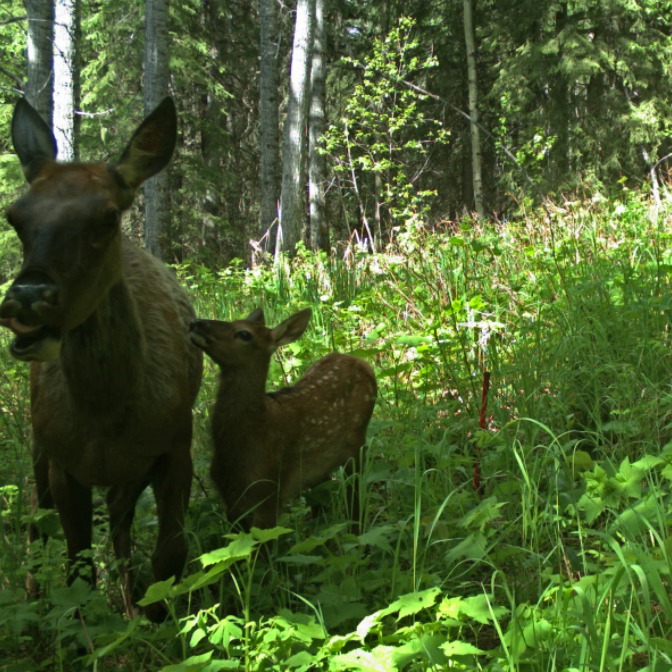
Camera Outreach Activities
The Alberta Remote Camera Steering Committee works closely with WildCAM to put on webinars throughout the year on topics relating to remote camera research and data. The RCSC also contributes to quarterly newsletters and blog posts on remote camera research in the province. Read about white-tailed deer range expansion from former Caribou Monitoring Unit Intern Maud Laurent or when the ABMI went to the zoo.
The committee released Wildlife Camera Metadata: Standards for Alberta in 2022. The most up-to-date version of the standards can be found on WildTrax's resources page and on the WildCAM website.
The committee will be working on a Wildlife Camera Survey Protocol: Standards for Alberta in 2023.
The Bioacoustic Unit is at the forefront of using digital audio recording through ARUs (autonomous recording units) to understand how human activities are affecting species that make sounds.
NABat provides standardized, coordinated bat monitoring protocols, data, and analytical tools across North America. The North by Northwest Bat Hub supports regional monitoring in Alberta, British Columbia, and Alaska following NABat guidance.
This project focuses on tracking habitat loss, gain, and change over time.
